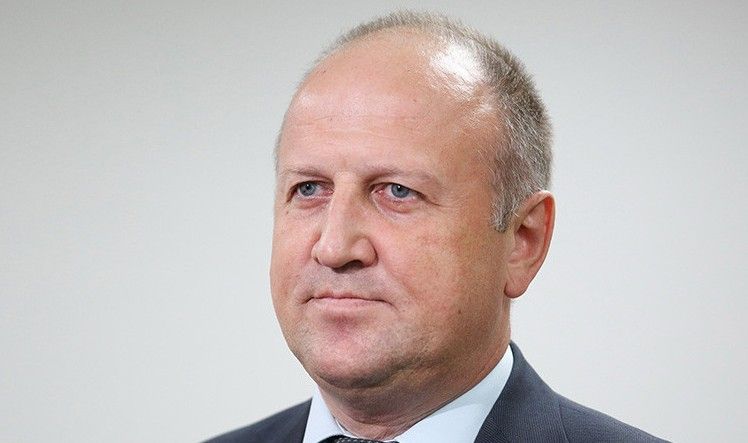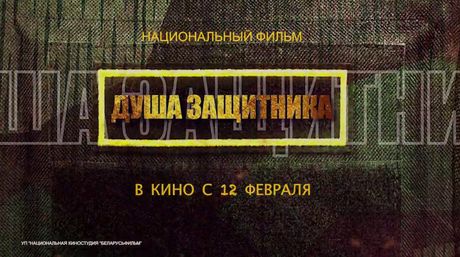Chief sanitary inspector: COVID-19 cases have plateaued in Belarus
15:57, 28 December

Photo: BelTA
COVID-19 cases have plateaued in Belarus and might decline after the holidays, Aleksandr Tarasenko, Deputy Healthcare Minister – Chief Sanitary Inspector of the Republic of Belarus, said in an interview with the ONT TV channel, BelTA reports.
- Share on Facebook
- Share on VK
- Share on Twitter
“Of course, it's too early to talk about this, but I think that the cases have hit a plateau, and depending on how the holidays - New Year and Christmas - will go, we might be able to see a gradual decline in caseloads throughout the country,” Aleksandr Tarasenko said.
The Healthcare Ministry's anti-coronavirus recommendations remain the same – social distancing, limiting face-to-face contact, avoiding crowds, wearing masks. According to the chief sanitary inspector, a certain part of the population rejects these rules and believes that wearing masks is ineffective, although doctors think the opposite. “Many people don't experience any symptoms after becoming infected, but they can still spread the virus to other people. Therefore, wearing a mask is a must,” he explained.
Commenting on the new mutated virus, Aleksandr Tarasenko noted that the mutation is not so significant and there is no evidence suggesting that it can affect the severity of the disease.
He believes that Belarus has chosen the right way to handle the spread of the coronavirus. “Each country has its own strategy. Someone opts for the so-called lockdown and imposes strict quarantine measures. Belarus' current coronavirus containment strategy is correct and effective,” he said.
Speaking about the effectiveness of coronavirus vaccination, Aleksandr Tarasenko noted that one has to wait for a year to see whether the vaccination-induced immunity will be long lasting.
According to the deputy minister, vaccination in Belarus will begin no later than the first quarter of 2021. “Negotiations are in full swing with the Russian Federation and other countries. However, it is not until the first quarter that we get things going. Of course, we expect that it will happen earlier - the beginning of January. I think, the vaccination will definitely begin in the first quarter,” he noted. The number of people who will get coronavirus shots will be as many or maybe more than those who get flu vaccines.






